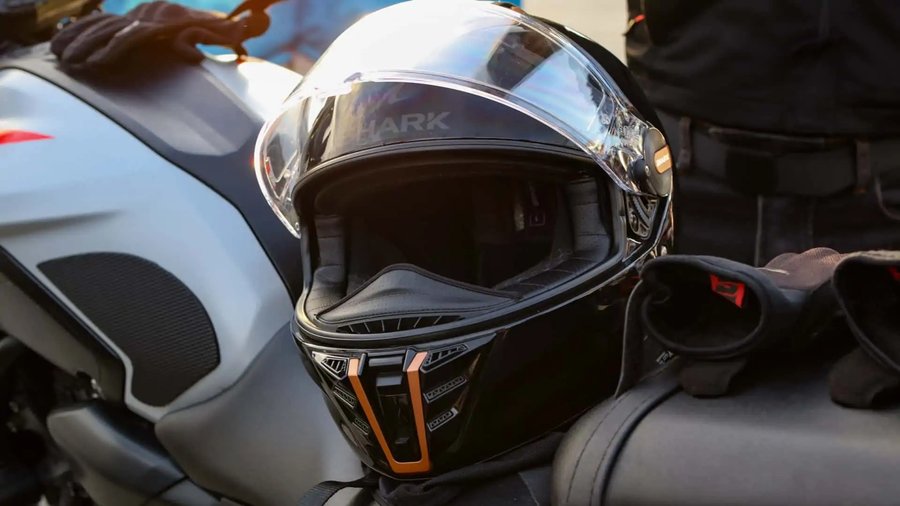Here's Why This City Banned Full-Face Motorcycle Helmets

Priorities when it comes to safety differ greatly in many parts of the world. While there’s a consensus that wearing a full set of motorcycle gear is the best way to stay safe on two wheels, there are parts of the world grappling with political and civil unrest that put rider safety in the back seat for the interest of public security.
For example, a recent turn of events in Bacolod City, a municipality in the Western Visayas region of the Philippines, has recently implemented a ban on all full-face motorcycle helmets. While absurd for someone looking at things from the outside, this drastic course of action isn’t exactly unfounded.
On February 27, 2024, an individual wearing a motorcycle helmet was arrested by the police for allegedly throwing a grenade in a crowded area. As reported by The Manila Times, the explosion resulted in the injury of three people, as well as damage to two vehicles. It appeared as though the individual made use of a motorcycle helmet to hide his identity, in the hopes that it would help them evade capture.
Although the individual’s motive for throwing the grenade remains unclear, it would seem that this alleged act of terrorism was enough for the government to take drastic measures.
Executive Order 86 was issued a day after the grenade incident and mandates that full-face helmets can’t be worn within the confines of the city. Furthermore, a speed limit of 40 kilometers per hour (25 miles per hour) for motorcycles has been implemented to “reduce the risk of accidents,” along with increased police presence in the area.
It’s worth mentioning that wearing open-face (half or three-quarters) helmets is still recommended.
Executive Order 86 is seemingly a case of “one bad apple spoils the bunch,” wherein the actions of a single individual wearing a full-face helmet created a ripple effect that endangered the entire motorcycling community in the region.
Of course, motorcycle riders are not criminals. But the fact that scooters are so accessible makes them the go-to runaway vehicle for bad guys, too. And as someone who lives in the Philippines, I’m well acquainted with the political and civil tension that’s pretty much like a rain cloud lingering above everyone’s heads at any given time.
A lot of this tension involves criminal activity ranging from theft and robbery, all the way to blatant acts of terror like this grenade incident, most of which were perpetrated by motorcycle-riding no-gooders.
Here in the Philippines, motorcycle riders tend to be the target of undue restrictions and regulations, as there are simply so many of them on the roads. In the past, we were faced with issues like mandatory front license plates, random police checkpoints, and many other regulations that could only be described as minor inconveniences at best, and blatant discrimination at worst.
Blanket bans like the one we see in Executive Order 86 likely won't stop those individuals hell-bent on carrying out wanton acts of violence—balaclavas still exist. But from a law-enforcement perspective, as well as calming the nerves of an anxious public, it’s easy to see why the government did what it did.
There may be two sides, but there's also the side of overreaction, something the rest of the world has seen far too often in regards to attacks of this nature.
Related News


